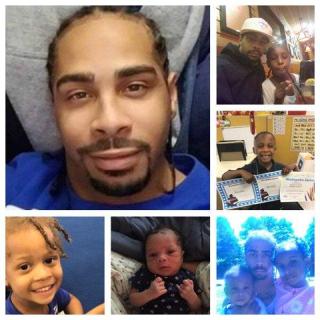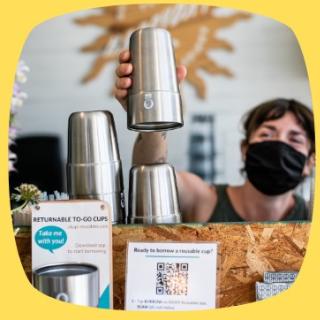“I want to help them. They are in such a bad place. I want to make it all better.”
“I live for my partner. They are my entire world. I couldn't live without them.”
“If I do what they want, they will love me.”
Are you or have you uttered this phrase during a relationship?
Would you identify as co-dependent?
Would you seek counseling once realizing you may be co-dependent?
Maybe the realization that you need to leave your partner will also come to you. Is it ever going to get better with this partner? Are you able to be a good partner until you heal yourself? Sometimes the hardest thing to do is leave.
It's like an alcoholic leaving the bottle or a drug addict leaving their drugs once and for all. When you're ready, you leave your partner and make changes to your life. It affects you for every relationship, the reminders stick with you. It is a people addiction.
Like with Alcoholics' Anonymous' 12 Step Program, CODA (Co-Dependents Anonymous) has 12 Promises. They also have ways to recognize when you have a problem with your relationship. There is no definition of a co-dependent relationship. However, there are questions you can ask yourself about patterns and characteristics.
CODA lists five patterns: Denial, Low Self-Esteem, Compliance, Control Issues and Avoidance. Some other signs or code words are: people-pleasing, poor boundaries, reactivity, caretaking, dysfunctional communication, obsessions, dependency, denial, problems with intimacy and painful emotions.
Co-dependence comes from having a dysfunctional upbringing. It can be passed down for several generations. This learned behavior is all you knew. Having a history of codependence instead of healthy relationships sometimes needs intervention, a circle of friends, 12 step programs or therapy.
Do you feel like you have to be in a relationship in order to feel self-worth or importance or love? How hard do you try to please your partner? Do you give up your own interests? Do you need to be needed? Maybe issues of past trauma come up for you when faced with the end of a relationship. What are your strategies for feeling safe and loved? Do you put all of your hopes and desires into a relationship basket and poise it for perfection? What happens when your love ideals are dropped, cracked or broken?
Someone who is co-dependent has difficulty with intimacy, creates situations of pain, destruction, loss of boundaries, identity, losing oneself in a relationship, not able to leave, fearing rejection and abandonment. There are eggshells and tightropes to walk on – not wanting to disrupt fragile emotions. Tug-of-wars with blame and fault-finding. Death-defying clinginess – desperate to not let go, for fear of survival. See-saws of guilt and resentment – passed back and forth, adding up, taking each other down.
It all comes down to a loss of self, being insecure, feeling shame for being like this and feeling unworthy of a deeper, more meaningful love and not wanting to be lonely. You are worth it. It is possible. It does take hard work to leave and rearrange your life and begin to feel more fulfilled. It is so worth it. A life outside of co-dependence is available.
Being manipulative in order to receive affection, attention or compliance is dysfunctional. Think hard about your choices, your partners choices, and whether or not you recognize patterns of co-dependency. Within co-dependence, one can be the controller and the other the controlled, and each partner needs the other. They have given up their identities in order to not be lonely.
Co-dependent symptoms get worse when not treated, but they are also reversible with help from counseling or self-esteem workshops. So, where else does it come from? It can stem from losing a connection with yourself, not wanting to promote yourself, but to live for another. They stop meeting their own needs and only want to meet their partners desires. Because their own needs aren't being met, they begin to control others to have needs met. This is usually done on a subconscious level. Language, behaviors and patterns together can provide a picture of co-dependence.
Recognizing you or your partner's behaviors within these patterns is the first step to recovery. The rest of the journey is about learning to love yourself. Discover all the ways you can love who you are. Be honest with what you are experiencing and how you are behaving. Build a bridge between yourself and a healthier, more loving relationship. Allow for healing to travel across it.
There are CODA meetings at locations all over the world. They vary like AA meetings, but have similar principles. If you feel like you identify as a co-dependent, please look up your local chapter to find a different, healthier way of having a relationship.
http://coda.org/
If you have a question or a topic you would like to have covered in this column,please go to: http://ladymonstersex.info and click on the link for the Google form. Both options are 100 percent anonymous. Thank you.




